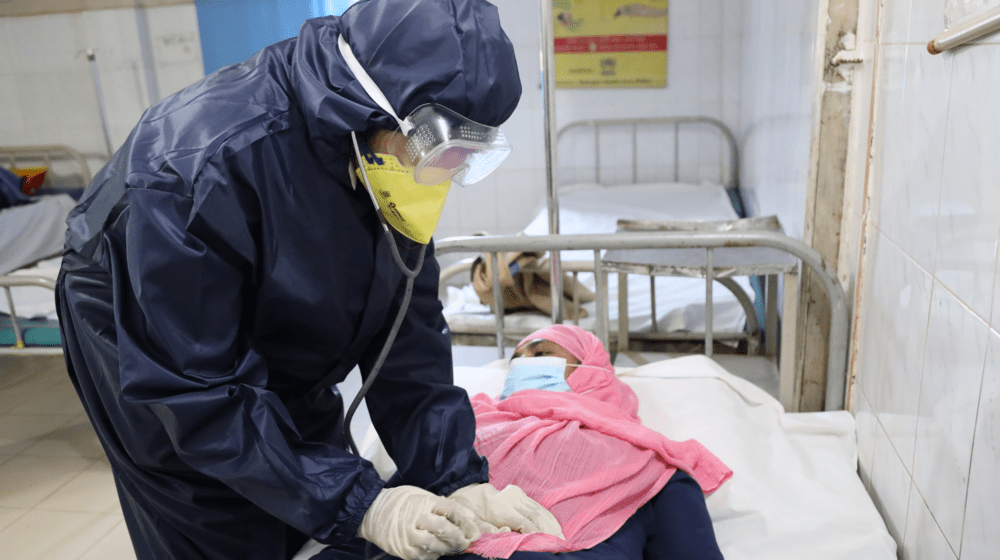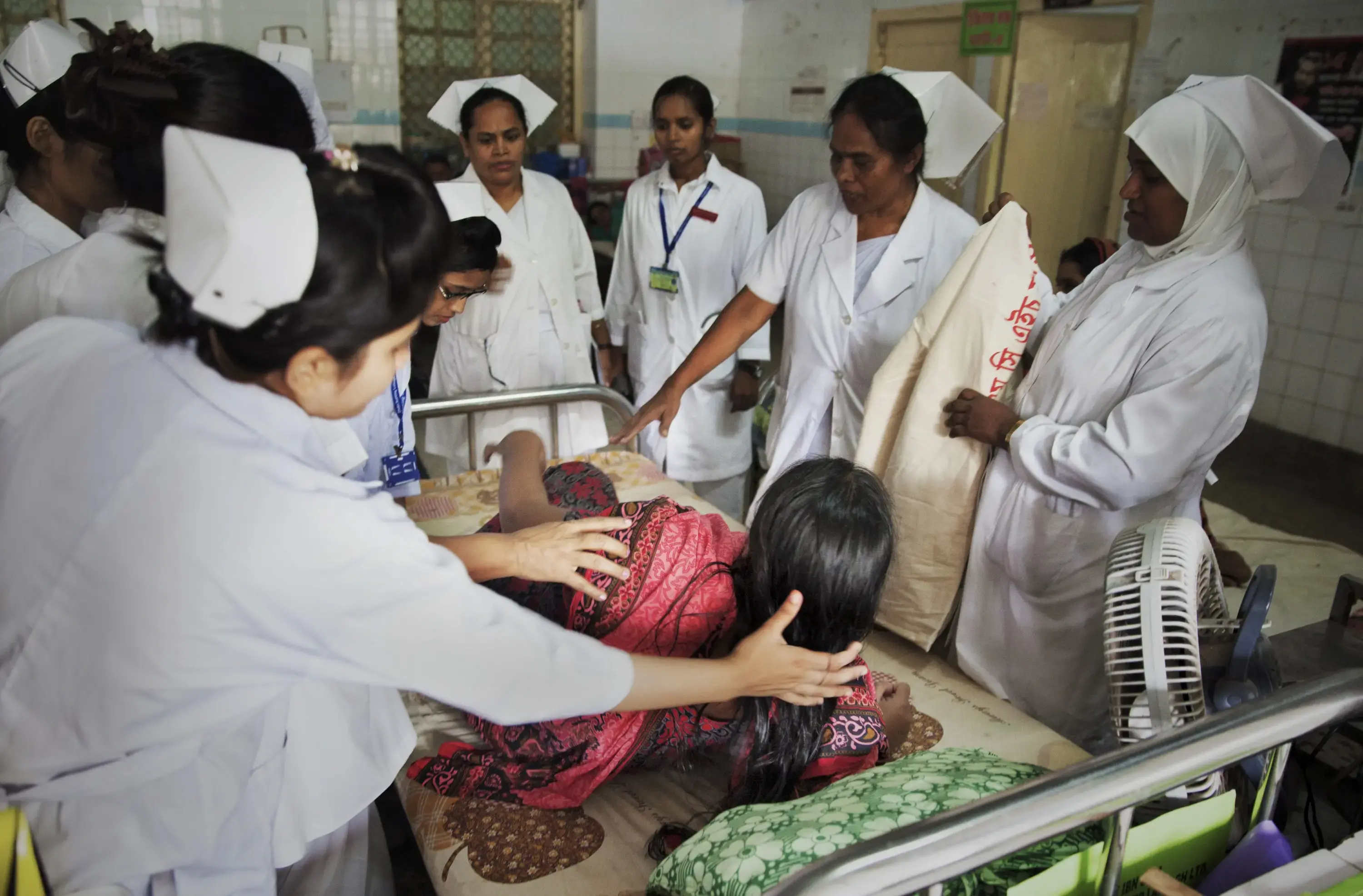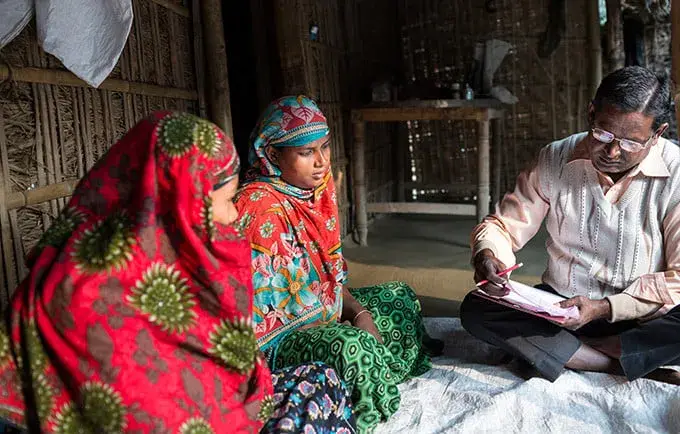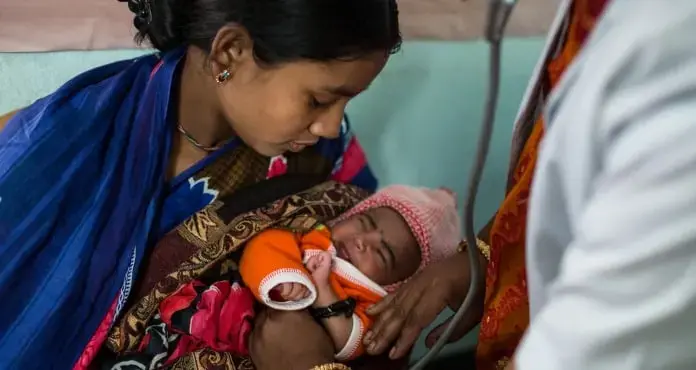Cox’s Bazar is one of the most left behind districts in comparison with national indicators on health and nutrition across Bangladesh. High infant mortality, high fertility rates, and increased incidents of gender-based violence (GBV) affect the well-being of the local population, particularly of women and girls.
These problems have recently been compounded by the COVID-19 pandemic, and the Rohingya humanitarian crisis which is into its fourth year since the refugee influx.
The need to address the sexual and reproductive health and rights (SRHR) of women and girls – which is at the heart of UNFPA’s mandate - and ensuring their safety and protection is critically important in the present circumstances.
In January of 2021, UNFPA signed an agreement of US$ 38.8 million with the Government of Bangladesh, to implement the World Bank’s Health and Gender Support Project to strengthen integrated SRHR and GBV prevention and response services across the entire Cox’s Bazar district. Through this timely investment, UNFPA will upgrade health facilities and strengthen provision of sexual and reproductive health services, as well as strengthen the Government’s capacity to deliver integrated and enhanced SRHR and GBV services in the Cox’s Bazar district, including in the Rohingya camps.
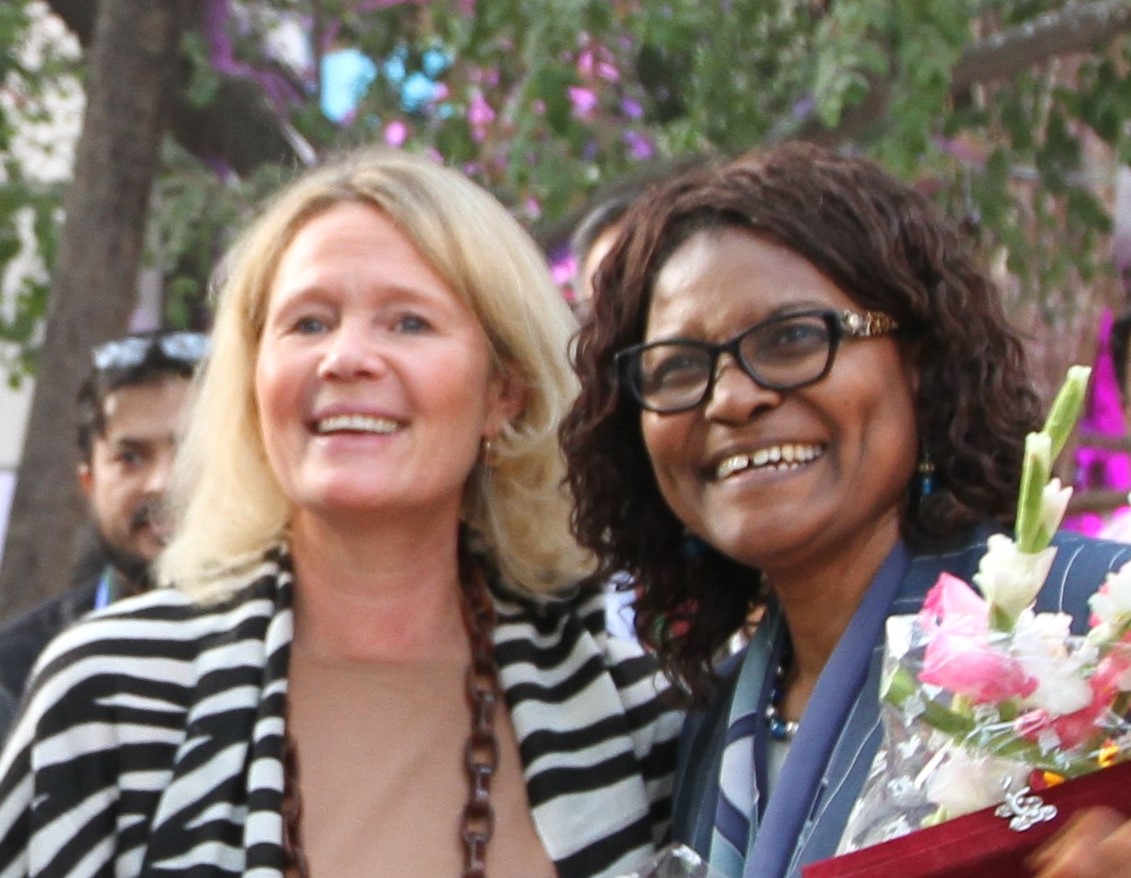
UNFPA Representative Dr. Asa Torkelsson and World Bank Country Director Ms. Mercy Tembon in an event in January 2020 (pre-COVID)
UNFPA Representative in Bangladesh, Dr. Asa Torkelsson highlighted the importance and relevance of the project, stating, “The COVID-19 pandemic poses increased challenges on those who are already vulnerable. In order to confront the challenges and build back better, we must ensure that we serve all, with and emphasis on reaching those furthest behind. With the support from the World Bank, and the resources entrusted in us, we are able to support the Government of Bangladesh in increasing quality and access to sexual and reproductive health services for women and girls in Cox's Bazar, as well as intensify the care for their safety.”
World Bank Country Director for Bangladesh and Bhutan, Ms. Mercy Tembon stated, “Bangladesh has shown great generosity by providing shelter to around 1.1 million Rohingya people, more than half of whom are women and children. The grant financing will help strengthen the health care system in Cox’s Bazar district for providing better health care, family planning services to the local and Rohingya women and girls and respond to gender-based violence.”
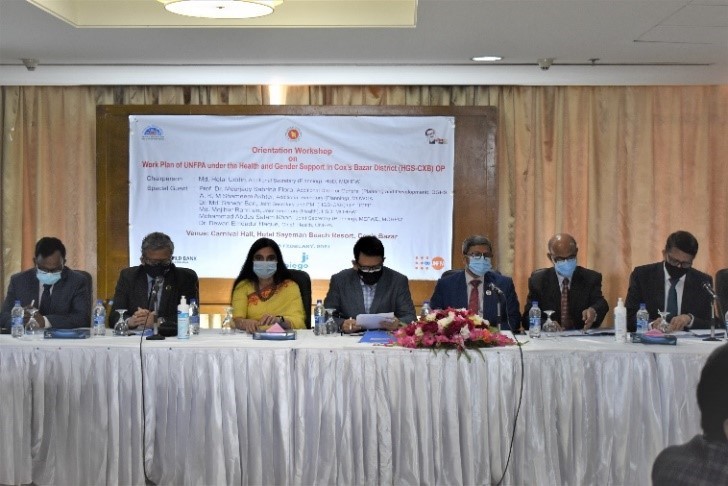
The project was launched in a one-day orientation workshop held in Cox's Bazar in February
To launch the project and share an overview on the World Bank supported HGS operational plan as a whole with the local authorities and relevant stakeholders, the Directorate General of Health Services (DGHS) led a one-day orientation workshop in Cox’s Bazar in coordination with UNFPA on 13 February 2021. Senior government officials from the Ministry of Health and Family Welfare (MOH&FW) and the Ministry of Women and Children Affairs (MOW&CA) attended the workshop and provided their insightful directives and recommendations for successful implementation of the project activities.
The orientation workshop was also attended by local health and family planning officials in the Cox’s Bazar district, and highlighted the importance of strengthened coordination at district-, upazila-, union-, and community-level, as well as integrated SRH and GBV response.
By the end of June 2021, the SRHR services supported by the project, such as antenatal care, postnatal care and family planning, had already reached over 4,500 people in the district. Furthermore, over 200 survivors of gender-based violence had received medical treatment through the project.
Through the 3-year project, UNFPA will ensure that more women and girls will be sensitized to utilize response services to gender-based violence within the Cox’s Bazar district, including in the Rohingya camps, and that women will have increased access to integrated SRH and GBV services from community clinics at all levels.
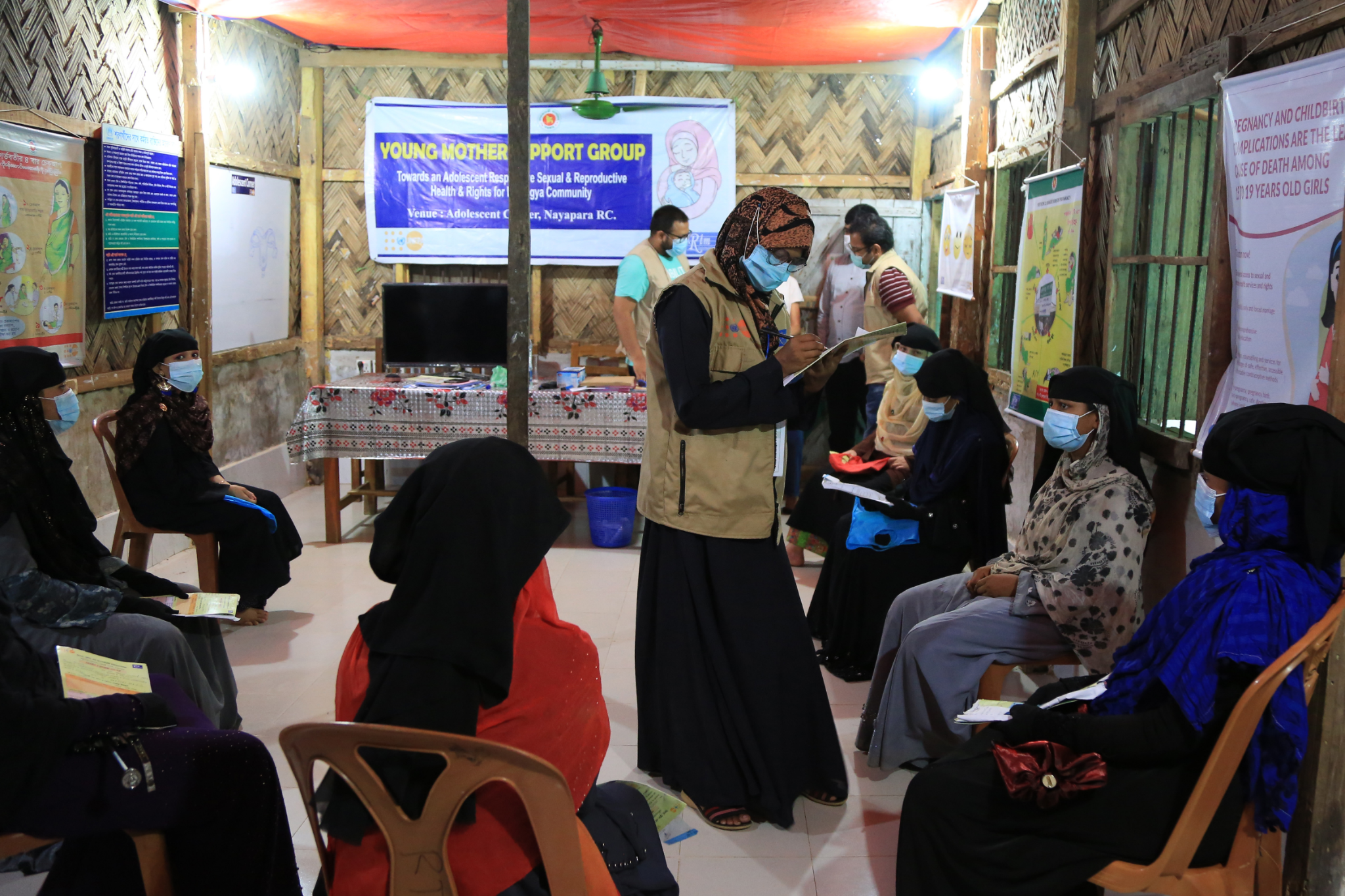
The project has also hosted many awareness raising sessions on COVID-19 and SRHR issues in the targeted communities. This picture is from a session held for the Young Mothers Support Group in the Rohingya camps.

